40 Years of Service: Global Volunteers’ Philosophy of Service – Wage Peace and Promote Justice
Each of us is accountable for our own personal development. However, we are also entrusted with gifts and talents to be shared with others. Global Volunteers provides a direct way to share those gifts and talents. We are dedicated to building a foundation for world peace and justice by enabling ordinary people to make a contribution through service to others and, in the process, enrich the opportunities for mutual international understanding.
While national governments have the primary responsibility for maintaining peace, they are limited in what they can actually do to ensure a just and peaceful world. Individuals, on the other hand, can make tremendous personal contributions toward peace and justice. All of us who hope for peace are challenged to take on some of this responsibility.
Global Volunteers’ strategy is a direct approach of waging peace by encouraging and enabling people worldwide to spend short periods working with and learning from local people in communities other than their own.
Our strategy is a direct approach of waging peace by encouraging and enabling people worldwide to spend short periods working with and learning from local people in communities other than their own. It is a people-to-people strategy based upon the recognition that war and injustice are born of insufficient human and economic development and that individuals from any community working as volunteers can assist people from other communities and cultures in their development. Furthermore, when people are engaged as volunteers, they enrich their awareness of the earth’s cultural, ethnic, religious, and racial diversity, discover that we are all far more alike than we are different, and frequently establish meaningful friendships with the people with whom they serve. It is our hope and belief that this newfound awareness and the new friendships will result in multitudes of people urging their respective governments to institute and honor mechanisms that require the peaceful resolution of disputes, which otherwise might deteriorate into war.
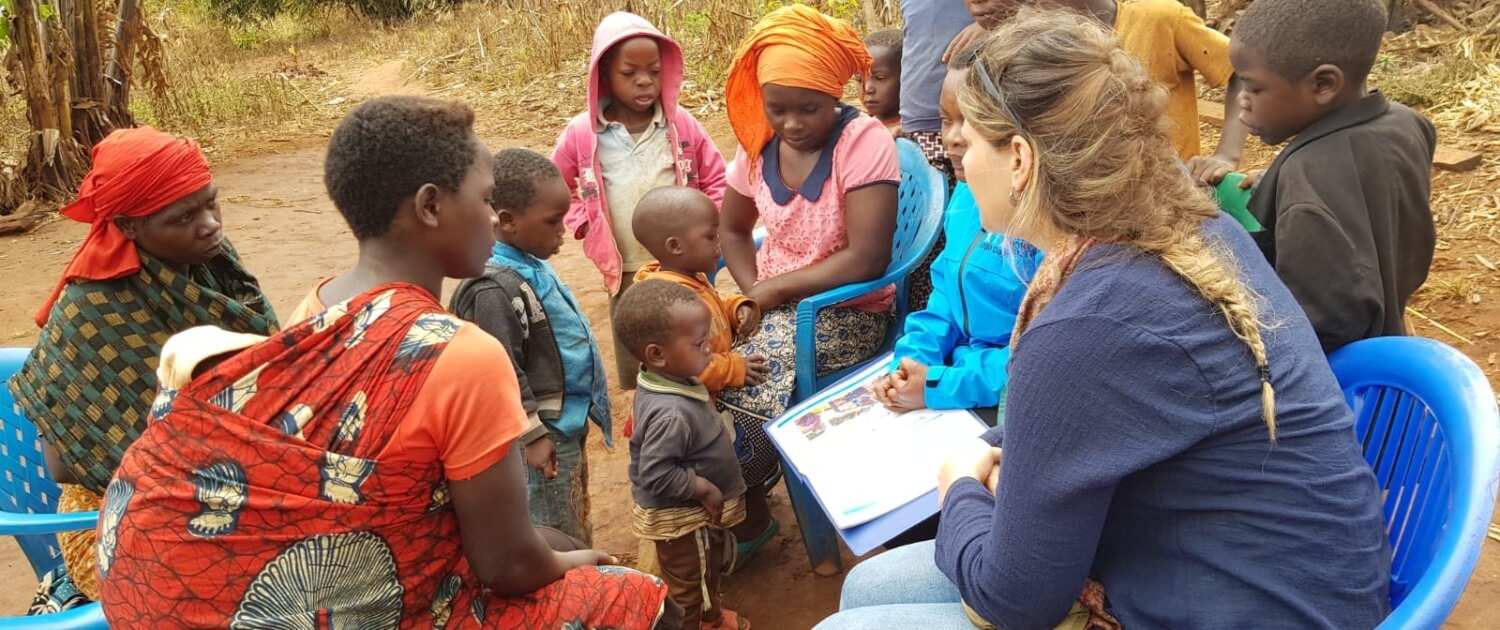
Development
The word “development” has many definitions. We use it to describe a process whereby people achieve their full human potential and reach for the fullness of life.
Life’s fullness is reflected in personal and community integrity, culture, wisdom, humility, respect, love, and spirituality. This type of human development occurs in communities that are striving for self-reliance. There should be no argument that local people, wherever they are, have the primary responsibility for the care of their families and communities, for the ethical use of their resources, and for realizing their full human potential. Global Volunteers believes that local people when functioning as a community, have the capacity to do whatever is necessary to become self-reliant. Equally important is the simple reality that it is not possible to merely give others what they need to become self-reliant.
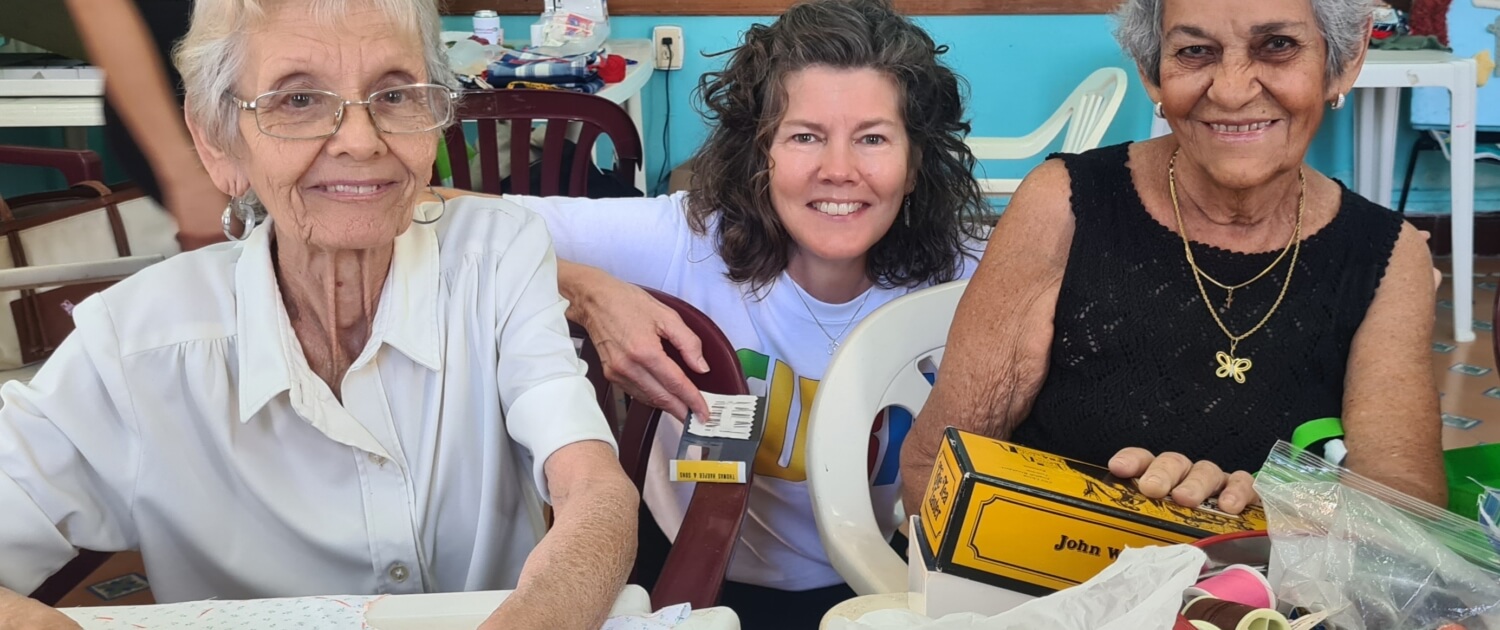
The Role of the Outsider
.
Global Volunteers was founded on the belief that outsiders (people who are not part of a local community,) can provide some catalytic assistance to encourage others toward self-reliance. Over the years, we have come to learn that the role of the outsider in the development process, whether as a volunteer or a paid consultant, is vital, albeit precarious.
Outsiders are most valuable in facilitating, advising, supporting, and working shoulder-to-shoulder with local people in their efforts to build their future.
Global Volunteers is committed to assisting local people in their struggle to become self-reliant. However, we operate within the context that it is not the function of outsiders to “do local projects.” That is the responsibility of the local people. Nor should outsiders attempt to impose their views or expertise on local people. Only local people really know what they need. Moreover, solutions imposed from the outside are doomed to failure because local people are not, by definition, brought into the decision-making process. The role of the outsider is to serve – to share who they are and the talents they have been given. Perhaps the words of Mother Teresa capture it best, “God does not require that we succeed. God only asks that we serve.”
Outsiders are most valuable in facilitating, advising, encouraging, and working shoulder-to-shoulder with local people in their efforts to build their future.
Citizens of one country too often know too little about people in the rest of the world. This is not healthy for any of us. Peace and justice can only prevail where there is mutual international understanding and friendship. Thus, we – and the world – need opportunities for ordinary people to share meaningful experiences with ordinary people from across the globe.
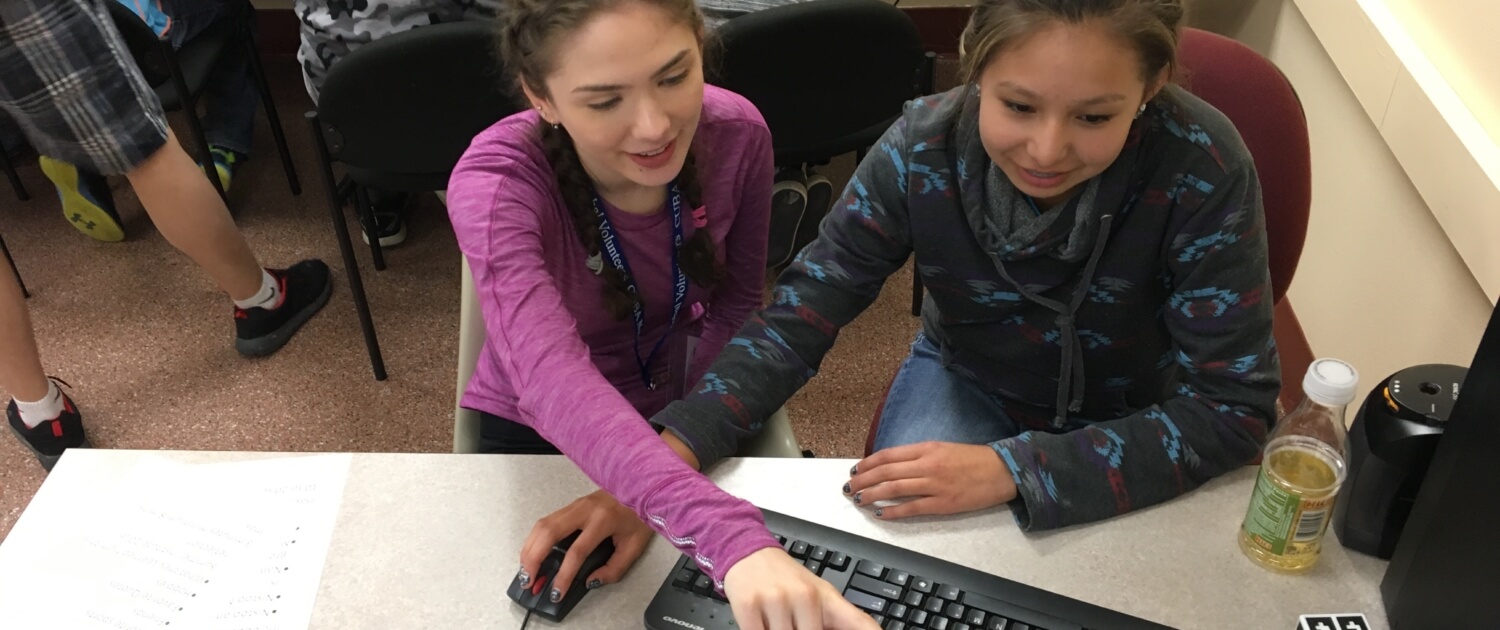
We have found that people everywhere need and want to share their personal gifts and talents. However, it is not always easy for individuals to discern how to best make this type of contribution. Global Volunteers affords such an opportunity. A contemporary theologian observed that the poor of the world are enslaved; they are shackled by their struggle for daily subsistence. He also observed that the affluent of the world are likewise enslaved; they are chained to their material possessions. We are both enslaved, and thus, neither the economically poor nor the economically affluent can fully appreciate the full value of life.
Global Volunteers offers the possibility to shatter those chains. Many of our service programs are in rural communities in developing countries, emerging democracies and economically impoverished villages and small towns in developed countries. By working with and learning from economically struggling people, the materially affluent volunteers can learn first-hand that the mere acquisition of possessions is not a very satisfying route to happiness and that love and friendship, stable families, and vibrant communities can be a reality, even amidst enormous hardship. At the same time, the economically poor can acquire new skills and catalytic assistance from the volunteers, thus creating new possibilities for self-reliance as they continue to enjoy the richness of their culture, communities, and simplicity of life.
In these days of global trade and market economies, it has become imperative that all of us collaborate with others to build bridges of understanding and minimize the sometimes disastrous effects that misconceptions create.
Some Global Volunteers teams work in more affluent areas. While the people in these communities may not be poor, the role of the outsider is the same, and the opportunity to work with and learn from local people and to wage peace through mutual understanding is just as relevant as in an economically impoverished community. In these days of global trade and market economies, it has become imperative that all of us collaborate with others to build bridges of understanding and minimize the sometimes disastrous effects that misconceptions create. For example, in some places, Americans are viewed negatively, in part because of actions taken by the U.S. government or multinational corporations based in the U.S. This is unfortunate because most Americans are kind, caring, thoughtful, respectful, generous, and friendly people. Wherever we serve, we find that the local people quickly discover this reality, and their misconceptions about Americans fade away. Our goal is to in bring people together to improve mutual understanding.
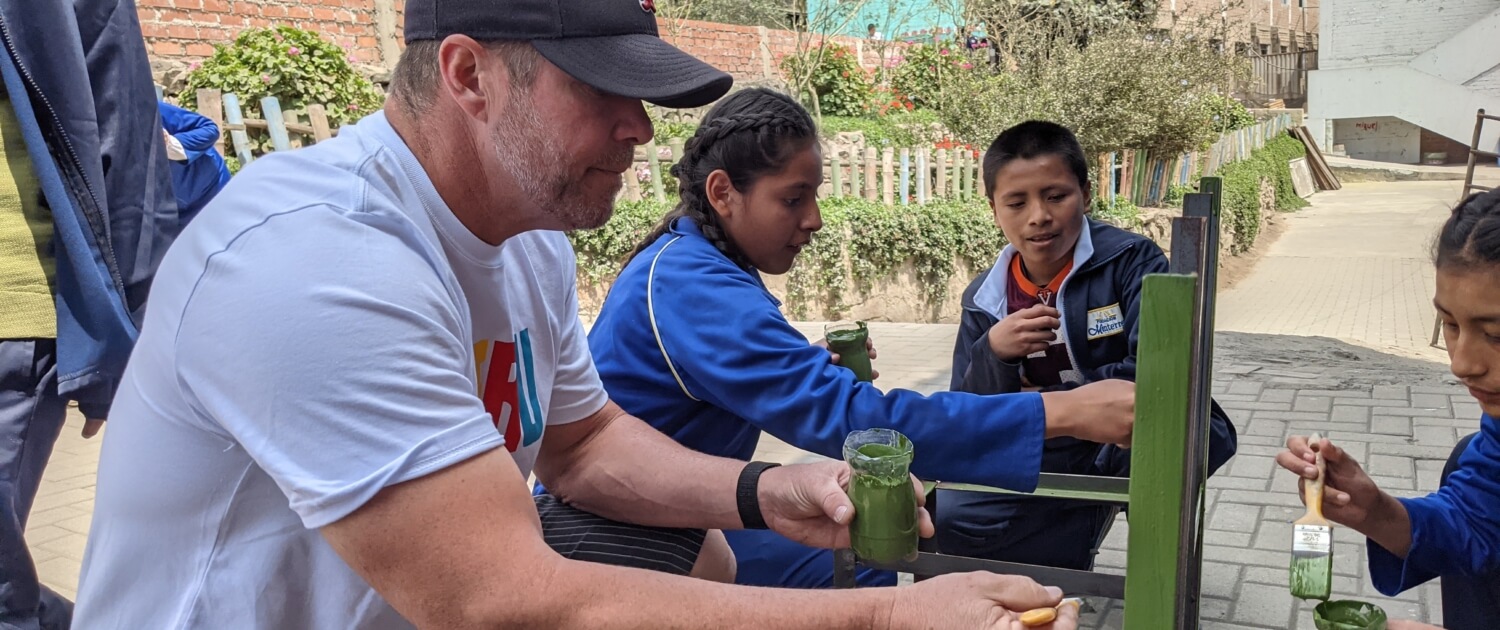
The Key to Success
The key to the success of our work in every community where we are invited is for volunteers to become “servant” to the local people. It is through the process of serving others that we exhibit the best of our humanity, and the more we demonstrate our goodness, the more we are able to develop that part of ourselves. By serving others, we honor the human dignity of those we serve while acknowledging our own dignity in the process.
It is through the process of serving others that we exhibit the best of our humanity, and the more we demonstrate our goodness, the more we are able to develop that part of ourselves.
You may also like:

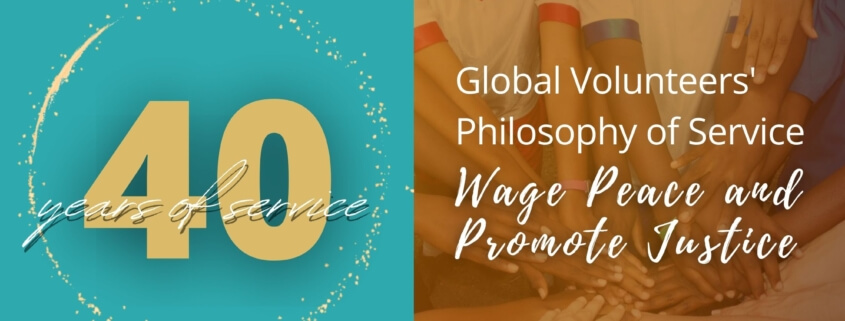
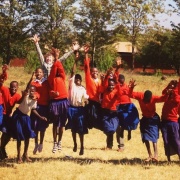
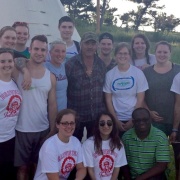
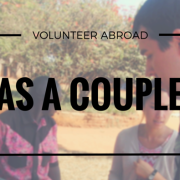
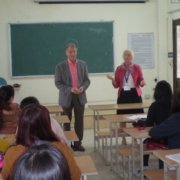
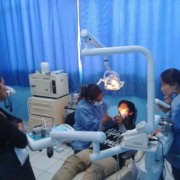
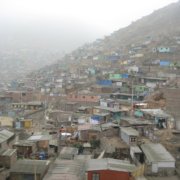
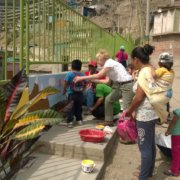
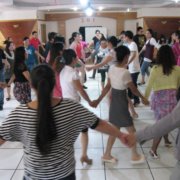


Leave a Reply
Want to join the discussion?Feel free to contribute!